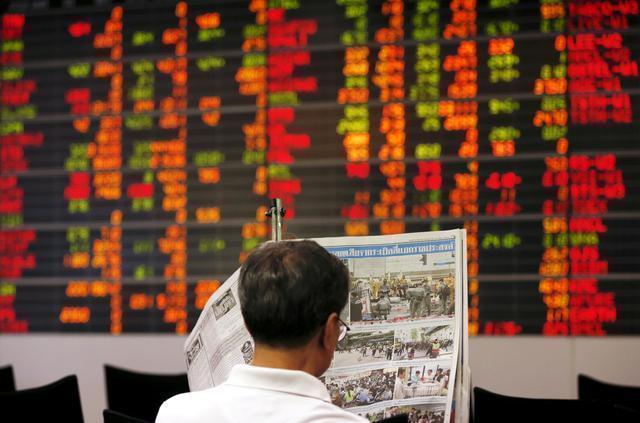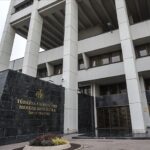The Central Bank’s Monetary Policy Committee (PPK) suddenly reduced the policy rate from 14% to 13% yesterday, while central banks in the world including the Federal Reserve increase the interest rate and tighten monetary policies to fight against high inflation. The economic slowdown and the financial support necessary to increase and continue the acceleration in the manufacturing industry and employment were pointed to by the PPK as a reason for the 1-point rate cut. Moreover, the Central Bank signaled new macroprudential policies with its statement, saying that the recent increase in the spread between the policy rate and the loan interest rate is considered to reduce the effectiveness of monetary transmission.
Following the Central Bank’s interest rate decision, Turkey’s 5-year credit risk premium (CDS) jumped from 755.0 basis points to 788.65 basis points while USD/TRY exceeded 18.00. The foreign exchange (FX) rates are expected to reach 19.00-20.00 at the end of this year, according to analysts.
Although Borsa Istanbul’s BIST 100 Index dropped by 1.0% after the PPK’s 1-point rate cut, it rallied to an all-time high of 3,020.0 points at yesterday’s close. The BIST 100 Index gained 40.01 points or 1.34% from Wednesday’s close of 2,980.0 points, with a daily trading volume of TRY 87.1bn. Analysts said 2,950 points will be the support level and 3,040 points and 3,070 points will be the resistance levels for the BIST 100 index, in technical terms.
On the foreign policy side, President Recep Tayyip Erdogan voiced concern over ongoing clashes around the Zaporizhzhia nuclear plant in Ukraine. “We expressed our concern about the ongoing conflict around the Zaporizhzhia nuclear power plant. We do not want to experience another Chornobyl,” Erdogan said at a news conference after a trilateral meeting with his Ukrainian counterpart Volodymyr Zelenskyy and UN chief Antonio Guterres. Erdogan, Zelenskyy, and Guterres gathered in Lviv to discuss steps to end the Ukraine-Russia war through diplomatic means and maintain a mechanism recently established for the export of Ukrainian grain to world markets. “We also evaluated the possibilities of transforming the positive atmosphere created by the Istanbul agreement into a permanent peace,” Erdogan added.
During President Erdogan’s visit, Turkey and Ukraine signed a memorandum of understanding on the reconstruction of Ukrainian infrastructure damaged due to the ongoing war with Russia. “The agreement provides for the participation of Turkey in the reconstruction process of Ukraine,” the Ukrainian Infrastructure Ministry said in a statement. The ministry added that a joint working group will be formed to attract Turkish investments and develop specific projects for cooperation. “Turkish business and government structures will be able to develop specific reconstruction projects, as well as provide consulting and technical assistance,” the statement read.
DAILY AGENDA
The number of newly established companies surged by 23.9% to 8,346 in July, year-over-year, according to the Union of Chambers and Commodity Exchanges of Turkey (TOBB). The number of closed firms jumped 53.7% to 1,586 in the same period.
Meanwhile…
>> Foreign investors’ net equity, government debt securities, and corporate bond acquisitions totaled USD 270m, USD 3m, and USD 5m, respectively, in the week ending on August 12, according to the Central Bank.
>> Residents’ FX deposit accounts dropped by USD 313m in the week ending on August 12, according to parity-adjusted data from the Central Bank.
>> The Central Bank’s international net reserves surged by USD 3.87bn to USD 15.68bn in the week ending on August 12, compared to the previous week. The bank’s total reserves climbed by USD 5.1bn to USD 113.73bn in the same period.
>> The composite construction materials index, dropped by 2.56 points to 72.20 points in July, compared to the previous month, according to the Construction Materials Producers’ Association (IMSAD). The decrease stemmed from the decline in the number of working days due to the Sacrifice Holiday and the slowdown in domestic and foreign demand.










